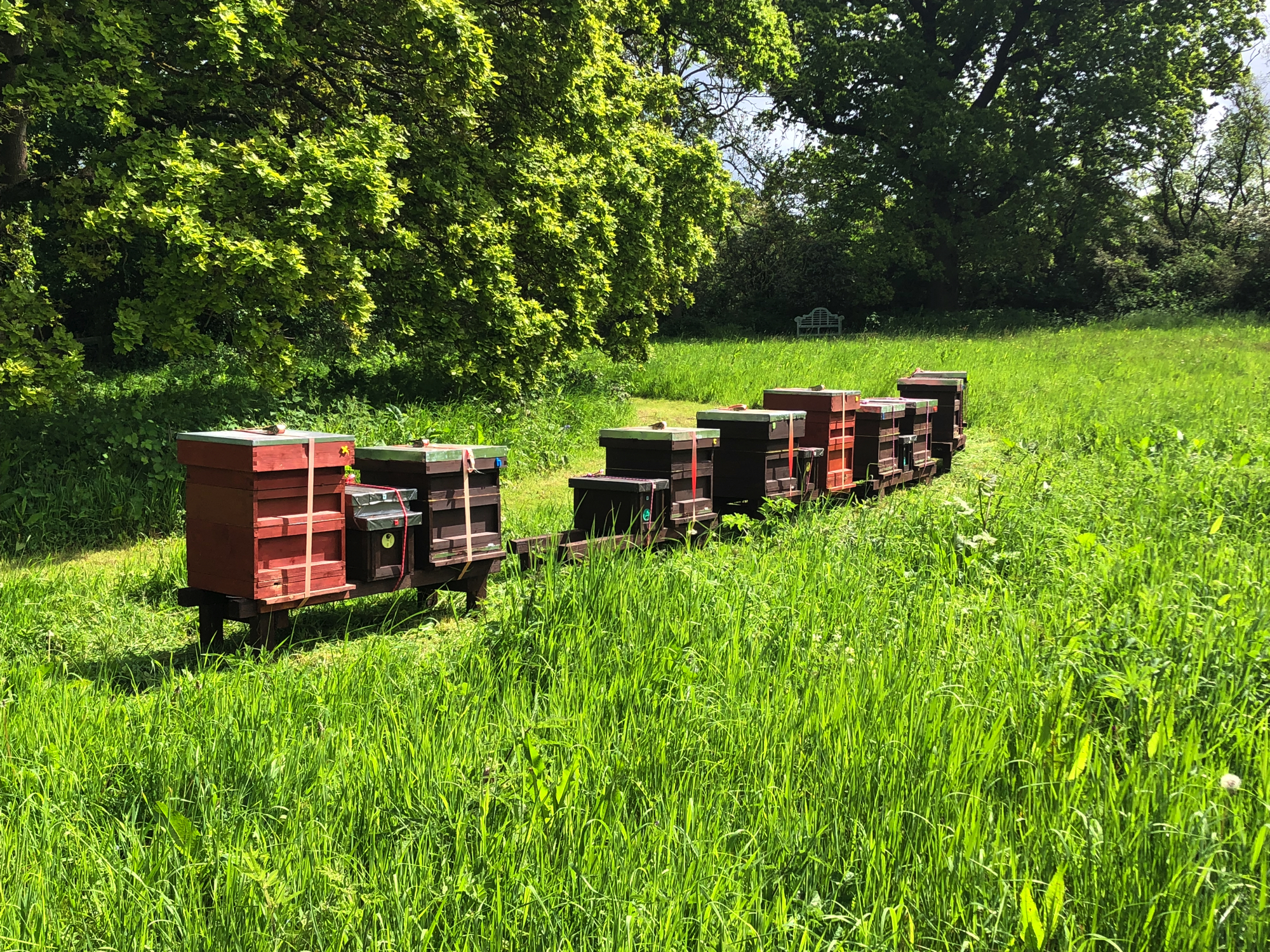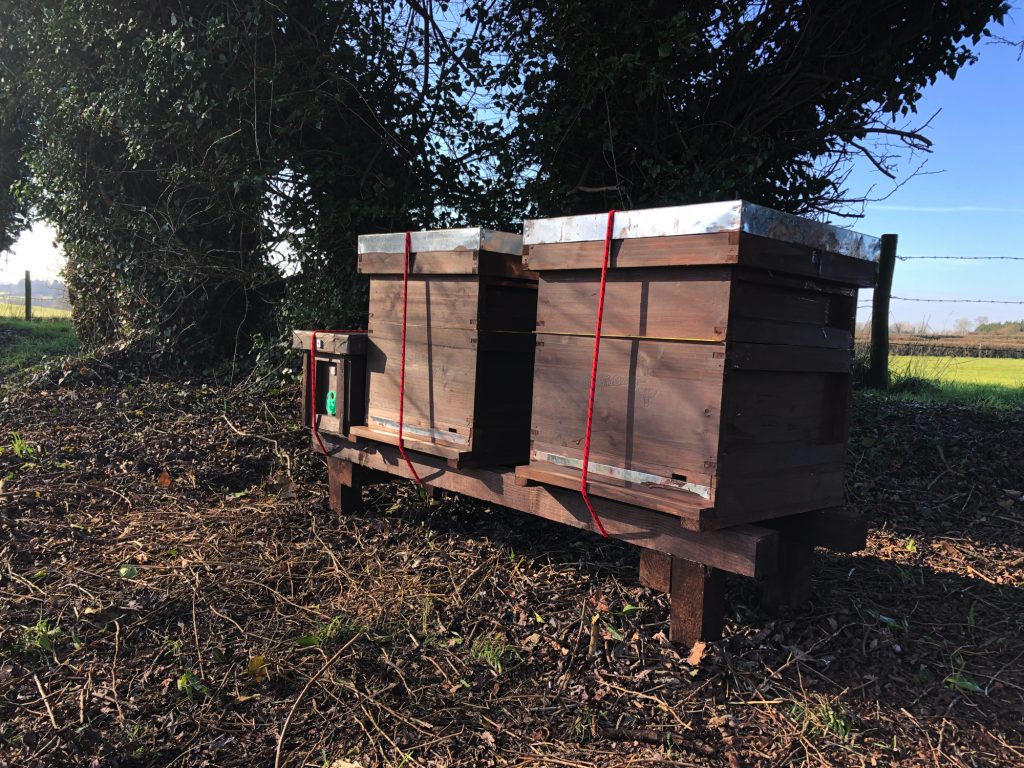
Bees are more than just honey producers; they play an essential role in pollinating many of the plants and crops that sustain our food supply. In England, bees are vital pollinators for a range of plants, from wildflowers to key agricultural crops. Without them, we would face serious challenges in both biodiversity and food production.
In this post, we’ll explore why bees are essential for pollination, how they impact the countryside, and what you can do to protect them.
1. What is Pollination, and Why is it Important?
Pollination is the process by which pollen is transferred from the male part of a flower to the female part, enabling plants to produce fruits and seeds. While some plants rely on the wind or can self-pollinate, many crops—such as apples, strawberries, and broad beans—depend on bees for successful pollination.
In fact, one-third of the food we eat in England relies on pollinators like bees. Without them, the availability of many fruits, vegetables, and flowering plants would dramatically decrease, affecting our diets and the ecosystems that support wildlife.
2. Bees as Super Pollinators
Bees are particularly effective pollinators because their hairy bodies are designed to collect and distribute pollen. Honeybees and wild bees, like bumblebees, are essential to the pollination of gardens, meadows, and orchards. They’re not only key to crops like raspberries and blackberries but also wildflowers that flourish in the English countryside, supporting wider biodiversity.
3. The Impact of Declining Bee Populations
In recent years, bee populations have been in decline due to factors like habitat loss, pesticide use, and climate change. This is particularly concerning for farmers and gardeners alike. A decrease in bees can lead to reduced crop yields, especially for plants like tomatoes, courgettes, and pumpkins that rely on their pollinating services.
Beyond food production, fewer bees mean fewer wildflowers, which can harm entire ecosystems by depriving birds, butterflies, and other wildlife of their habitats.
4. How Can We Help Protect Bees?
There are several actions you can take in your garden or local community to support the health of England’s bee populations:
- Plant bee-friendly plants: Encourage bees by growing native English plants that provide nectar and pollen. Great options include foxgloves, comfrey, heather, bluebells, and honeysuckle. These plants not only beautify your garden but also offer essential nourishment for bees throughout the seasons.
- Avoid pesticides: Instead of harmful chemicals, consider organic or bee-safe alternatives to protect pollinators in your garden.
- Create a bee habitat: Wild bees need nesting places. Leave patches of your garden undisturbed or create bee hotels using hollow bamboo sticks to give solitary bees a place to thrive.
- Support local honey producers: Buying locally-sourced honey helps sustain small-scale beekeepers and supports efforts to protect bees in your region.
5. Looking to the Future
Protecting bees is essential for sustaining the countryside and the food we rely on. Whether you’re a farmer, gardener, or simply a lover of the great outdoors, taking steps to support bees ensures that the plants, animals, and ecosystems we cherish can flourish for generations to come.
If you’d like to host honey bees feel free to get in touch.

